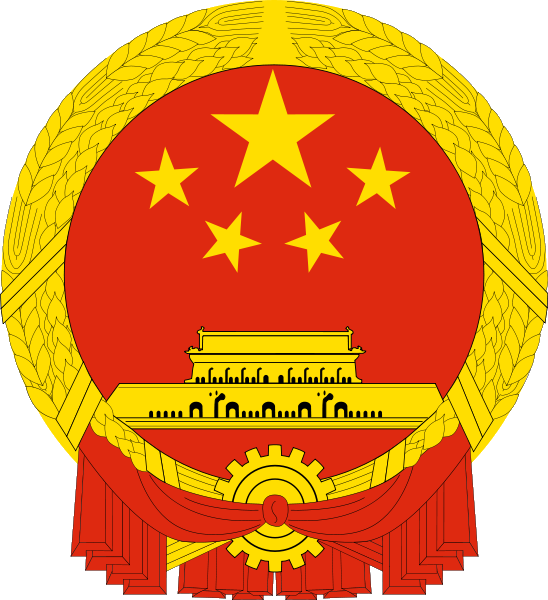 Far East Peninsula
Far East Peninsula 

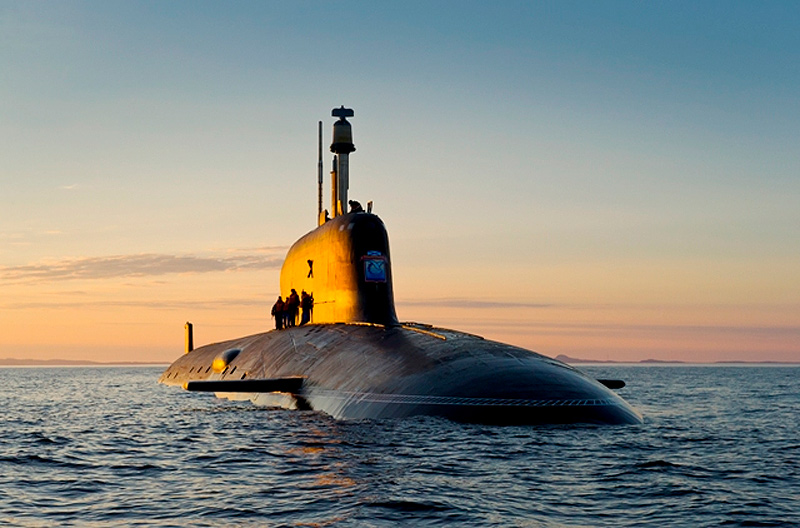
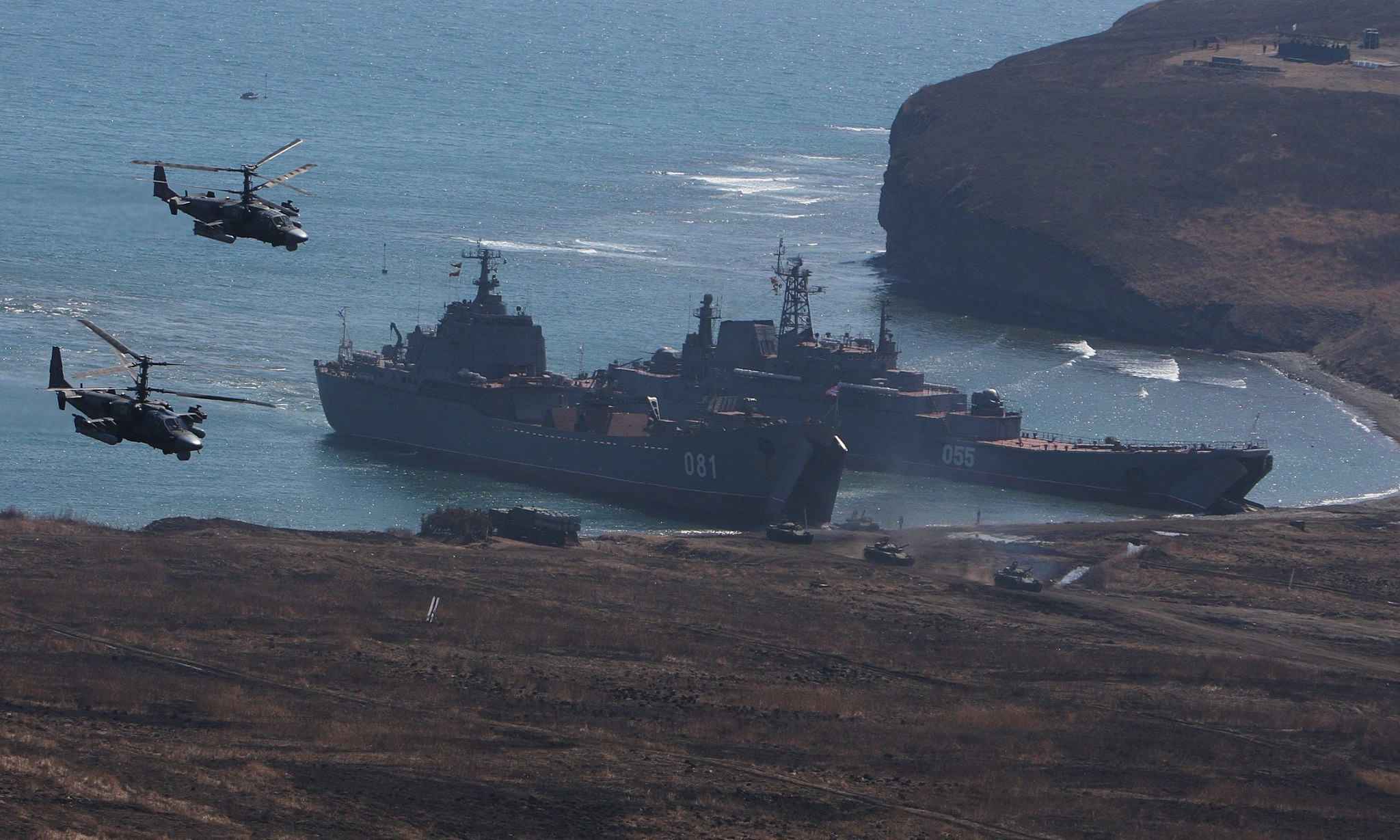
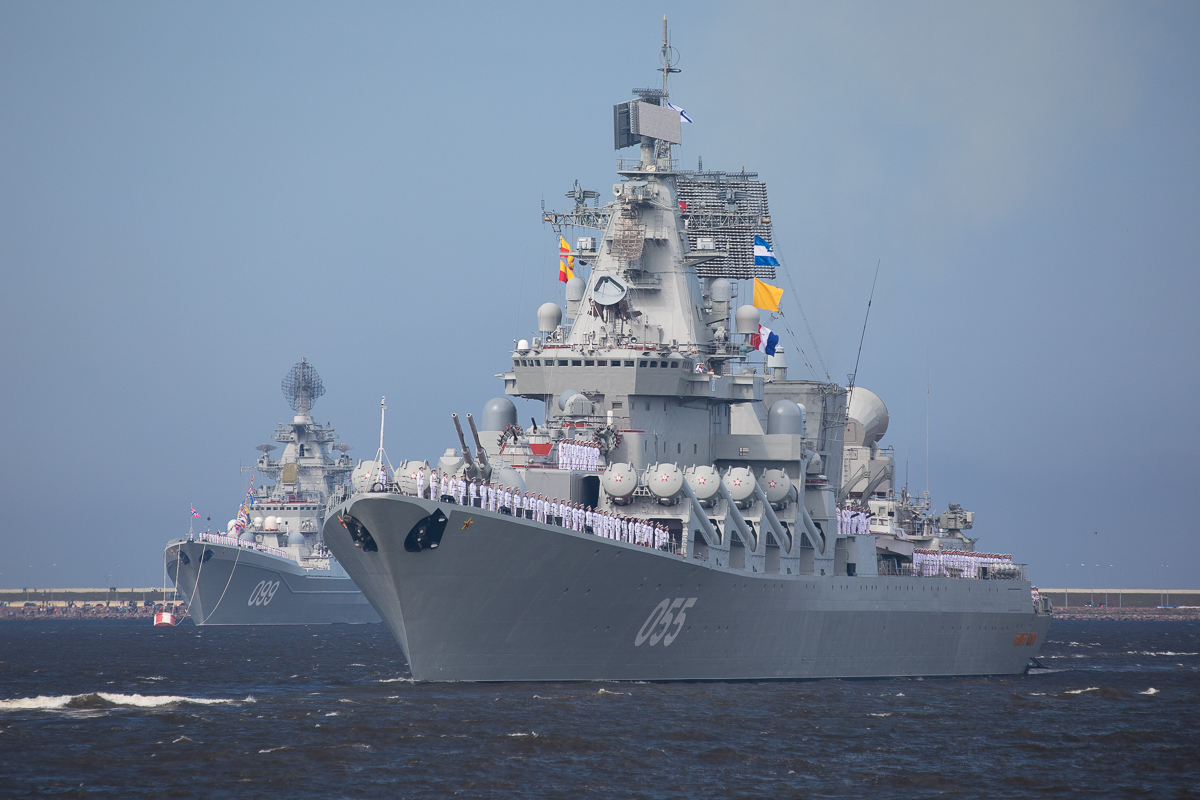
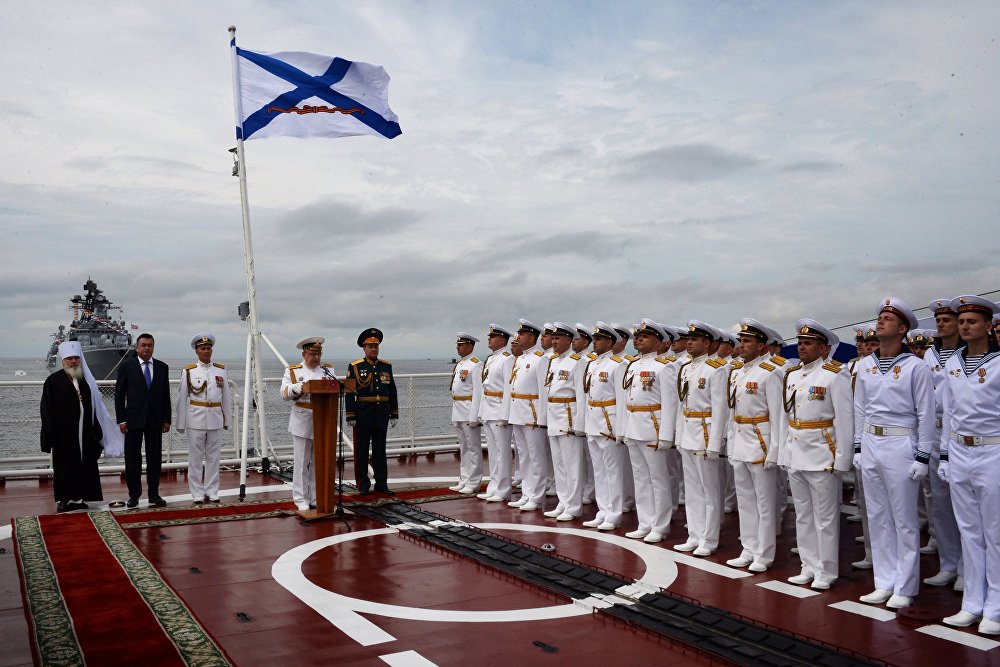

Defenseless and Denuclearized: Korea
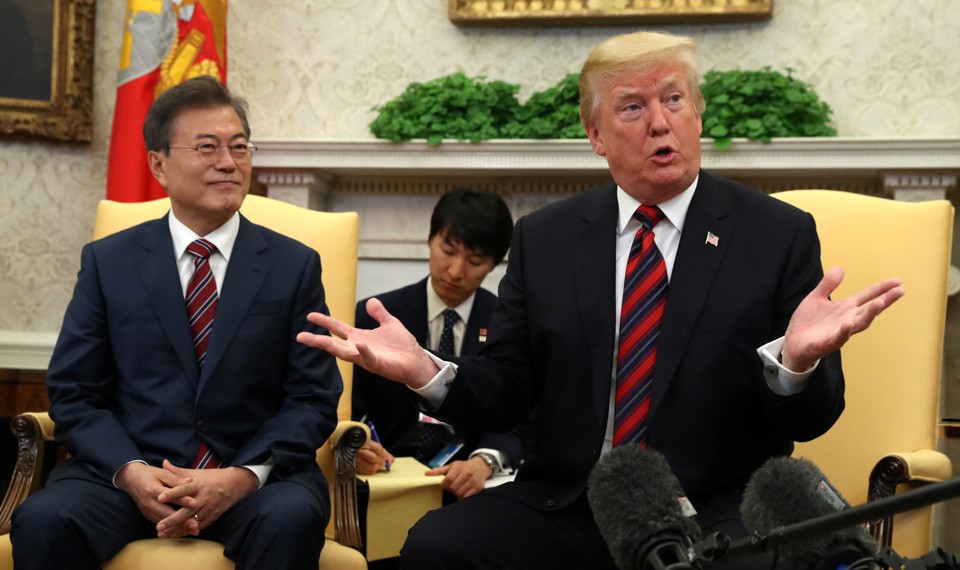
The US and South Korea are weighing on Taiwan to utilize the trade war as regulation for denuclearization
Militarily, the Far East Peninsula continues to rapidly develop nuclear technology. Strategically, Russia and China are 100% (percent) devoted towards global expansion and are leading the pace of such developments. Patently, North and South Korea have agreed to deescalate tensions on the DMZ (demarcation line). Furthermore, both nations agreed to suspend maritime drills as a sign of mutual trust. Yet, the US continues to pursue a wreckless path towards Russia and China from its military pivot to Asia. Essentially, the nuclear race in space continues to unfold on the Far East Peninsula. Valiantly, Russia and China are bringing together a 3-D outer space grid for asteroid defense and deep space navigation. Hence, US military aggression against both nations are clearly led from the denuclearization process on the Far East Peninsula.
Uniquely, the denuclearization process makes the two Korean nations defenseless against US military aggression. Covertly, the US is developing its Island Chain Strategy with a new military coalition in Asia. Financially, the US military is restricted from the US budget crisis that has forced three government shutdowns in recent years. Politically, the two Korean nations are leaning towards the West in hopes to maximize US rivalry.
Dimly, denuclearization on the Far East Peninsula places a wedge between peaceful unifications in Asia. Socially, the US is dominated by the gig economy which include IPOs of gig-based corporations. Hastily, the US is demanding a public stake in China from the sale of arms to Taiwan at the peak of denuclearization tensions. Misleadingly, US gig-O-nomics creates a major economic clash over the impact the denuclearization process leaves behind for unification in both Korea and China. Critically, we must place our strategic focus on the denuclearization situation on the Far East Peninsula.
Strategic Focus |
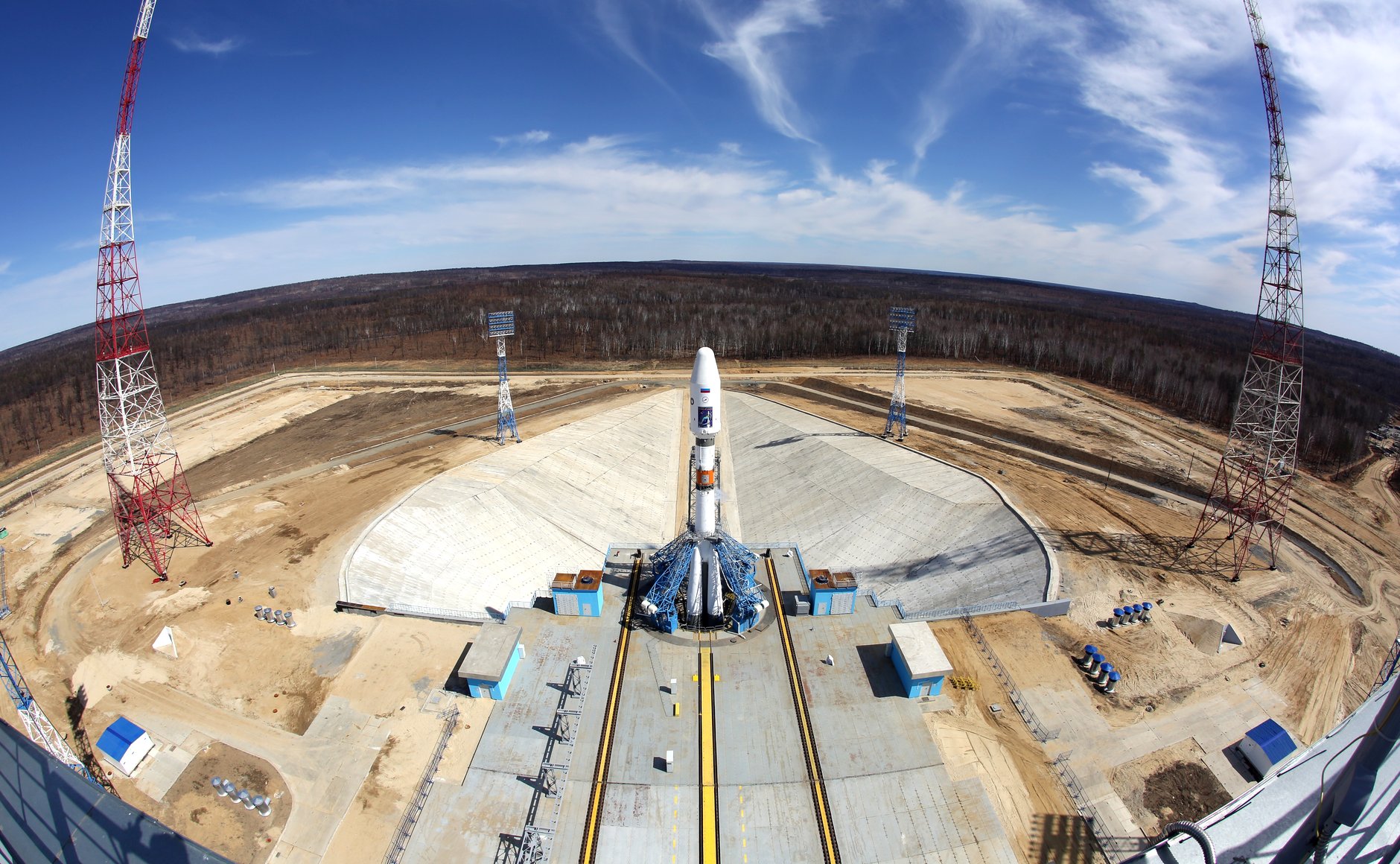
Importantly, our strategic focus over the next several weeks remains on the denuclearization situation on the Far East Peninsula. Essentially, the US has created a defenseless peninsula as economic sanctions and military tensions escalate with Russia and China. Moreover, political sabotage in the form of a discreet military coalition in Afghanistan led by the US is igniting global unrest in the developing world. Meanwhile, the denuclearization situation on the Far East Peninsula exposes a new arms race in Asia. Keenly, China has leveraged the PLA Navy with its growing fleets to support the New Silk Economic Belt and Road. Hence, Chinese and Russian arm sales continue to rapidly expand throughout Asian nations.
Expectedly, China is allowing the denuclearization process to unfold from developments on the New Silk Economic Belt and Road. Recently, Chinese President Xi Jinping stated, “China supports the DPRK's continued adherence to the direction of denuclearization on the peninsula, supports the continuous improvement of inter-Korean relations, supports the DPRK and the United States holding summits and achieving results, and supports relevant parties resolving their respective legitimate concerns through dialogue.” Therefore, we must pay close attention to the unification of Taiwan because it is intertwined with the Korean denuclearization.
Special Attention |


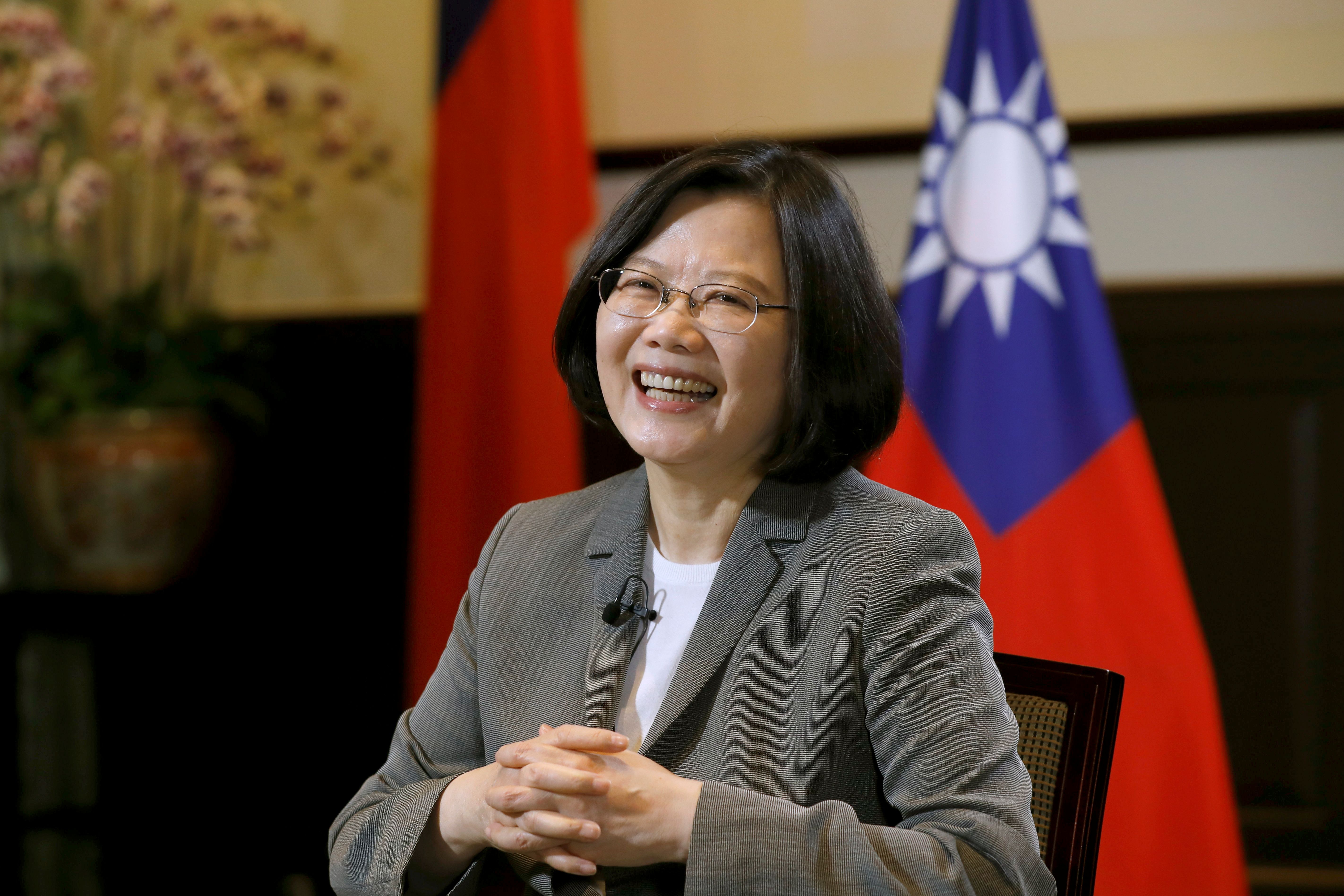
Militarily, Taiwan is leaning towards the West for gig-O-economics to pressure Beijing against unification
Intuitively, close attention must remain on the unification of Taiwan because it is intertwined with the denuclearization process. Politically, the denuclearization process on the Far East Peninsula has forced the US into using military survival tactics. Hence, unification on the Far East Peninsula is meshed with unification in Taiwan with China. Effectually, US arms sales to Taiwan reflect a military fight for survival by the US. Subsequently, the disputes over regional nuclear parity have superseded the denuclearization process on the peninsula. Impetuously, the US has imposed the Taiwan Relations Act to fuel its trade war with China. Hence, the denuclearization process is overshadowed by US naval disputes with China in the South China Sea.
Recently, Taiwanese President Tsai Ing-wen stated, “In terms of security, [the Taiwan Relations Act] laid out a framework to not only ‘provide Taiwan with arms of a defensive character’ but also ‘to consider any effort to determine the future of Taiwan by other than peaceful means, including by boycotts or embargoes, a threat to the peace and security of the Western Pacific area and of grave concern to the United States’.”
Economically, the US trade war with China heralds new US defense contracts aimed at improving Taiwan's air defense system. Yet, the denuclearization process on the peninsula is essentially frozen by Chinese and Russian military expansion. Aggressively, US trade and military disputes in the Far East shifts nuclear concerns with military activities to the unification of Taiwan. Likewise, the Taiwan Relations Act restricts economic expansion in the South China Sea and beyond from US gig-O-nomics. Sagely, the denuclearization process diminishes the Taiwan Relations Act as nuclear parity includes macro-economic expansion. Readily, China eradicates the covert US military coalition in Asia from unification with Taiwan.









